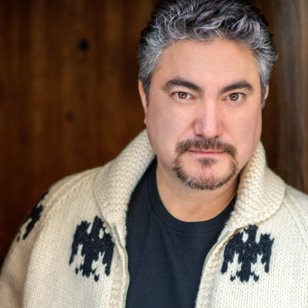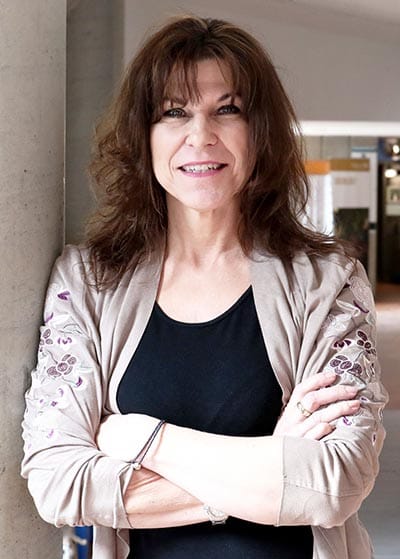Thank you to all those who participated in LCCC 2024!
We would like to extend our sincere gratitude to everyone who attended and contributed to the success of our first Livable Cities, Collaborative Communities conference at TRU. Your engagement and passion for sustainability and resiliency helped make the event a success.
We are excited to announce that LCCC II will be held on February 20 and 21, 2025. We look forward to continuing these vital conversations on building more resilient and sustainable communities.
Against a confluence of global and local crises, including climate change, TRU aims to identify solutions for building a better future for all people and the planet by bringing together local and international parties for this vital discussion.
Stay tuned for updates, and we look forward to welcoming you to the campus.
Request RegistrationResources
Have valuable insights or resources to share?
Contribute to our Resource Page and help shape Livable Cities and Collaborative Communities!
Share resourcesLCCC 2025 Keynote speakers

Kevin Loring
Kevin is N’lakapamux from the Lytton First Nation in the Fraser Canyon of British Columbia. He’s a graduate of Studio 58, Langara College’s Professional Theatre Training Program, and Full Circle First Nations Performance: Ensemble Training Program. He’s an actor, playwright, director, and the founding artistic director of Savage Society, a non profit dedicated to telling Indigenous stories. In 2017 Kevin was appointed as the first Artistic Director of Indigenous Theatre at the National Arts Centre of Canada. He is a recipient of TRU Distinguished Alumni Award in 2015.
LCCC 2025 Keynote speakers' presentation

Kevin Loring
All My Relations: How the Global Climate Catastrophe Affects Everyone and How Indigenous Ways of Being Can Save Us All.
About the conference
Following the success of the 2024 Livable Cities, Collaborative Communities Conference (LCCC), TRU is excited to host the next edition on February 20-21, 2025. This two-day event will focus on three key sustainability themes:
- Food systems and food security
- TRU and Kamloops City Council policy initiatives
- Indigenous initiatives
Day 1: will kick off with an inspiring keynote address on sustainability, setting the stage for in-depth roundtable discussions on the three core themes.
February 20, 10:00 - 11:15 a.m.
Keynote address: Kevin Loring
All My Relations: How the Global Climate Catastrophe Affects Everyone and How Indigenous Ways of Being Can Save Us All.
Introduction and chair: Robin Nicol, Theatre Program, Faculty of Arts.
Day 2: will provide interactive, hands-on workshops, allowing participants to dive deeper into these critical topics and explore practical solutions.
The primary goal of the roundtables and workshops is to develop public resources for the LCCC web page.
If you do not wish to participate in a roundtable or workshop, but would like to contribute a resource, this will be gratefully received. Contributions can take various forms, including, but not limited to, blogs, vlogs, podcasts, photo stories, narratives, essays, posters, interviews, or surveys.
The LCCC steering committee encourages undergraduate and graduate students as well as Indigenous youth to actively participate. LCCC seeks to share the widest possible range of voices and perspectives.
We invite you to be part of this important dialogue on sustainability and resiliency as we continue to work together toward building more livable cities and collaborative communities for all.
Welcome by Dr. Gillian Balfour, Provost and Vice-President Academic

I am delighted to welcome delegates to Livable Cities, Collaborative Communities II.
Delegates who attended Livable Cities, Collaborative Communities in 2024 graciously shared their experiences and knowledge about sustainability and resiliency in central British Columbia in a series of presentations, workshops and roundtables. Such sharing was a primary goal of Livable Cities, Collaborative Communities in what TRU sees as a wider, and ongoing, collaboration between the University and different communities in the region.
Livable Cities, Collaborative Communities II is a part of this ongoing collaboration and aims to bring faculty and students at TRU together with industry, local and provincial government, and community and Indigenous organizations on matters pertaining to sustainability and resilience. These matters are paramount as the region addresses decolonization, truth and reconciliation, and deals with environmental threats associated with climate change.
I am delighted that so many representatives from local organizations are participating in Livable Cities, Collaborative Communities II which will dig deeper into sustainability issues associated with food systems and food security, local policy initiatives, and Indigenous initiatives and begin to build a bank of resources upon with other groups and organizations can draw in the future.
Only by working together can we improve the health of our natural and social environments and ensure that the land, and all communities in the central interior of British Columbia benefit and prosper.
Dr. Gillian Balfour, Provost and Vice-President Academic
